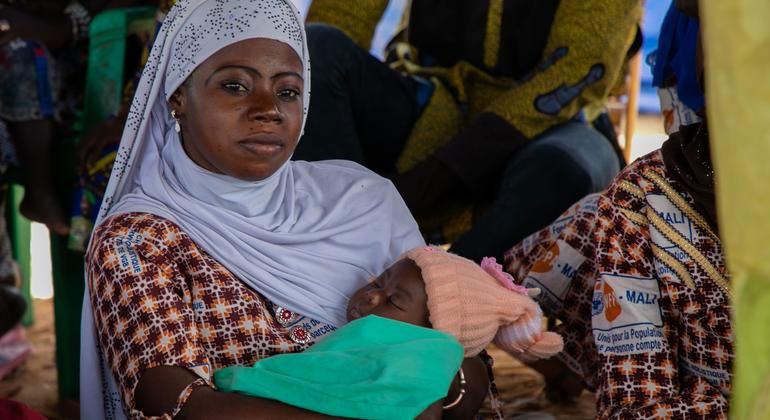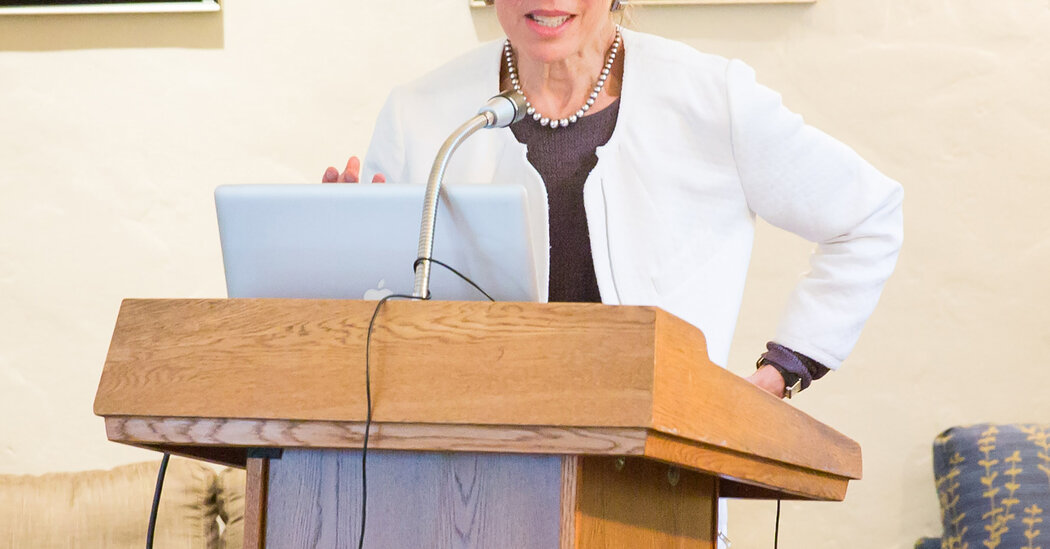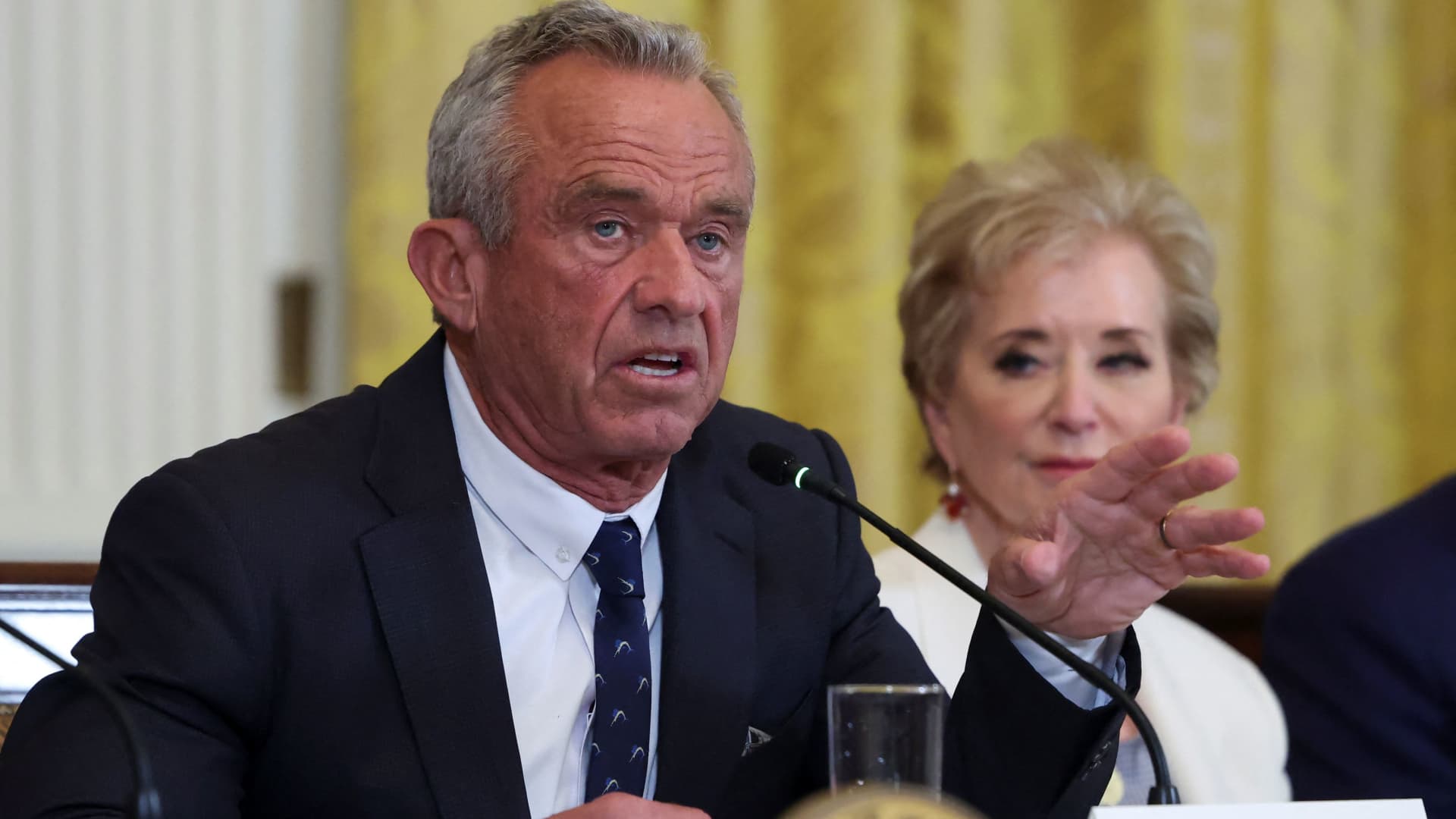Intertwined Lives, Threads of Hope: Ending Inequalities in Sexual and Reproductive Health and Rightsreveals that more than half of all preventable maternal deaths occur in countries that are in a state of crisis or distress.
Highlights the role that racism, sexism and other forms of discrimination play in blocking progress on sexual and reproductive health issues.
According to the findings, women and girls trapped in poverty are more likely to die prematurely due to lack of sufficient medical care if they belong to minority groups or are trapped in a conflict environment.
“When it comes to sexual and reproductive health issues, the sad truth is that instead of us all working together, there is a kind of polarizing dialogue, a divisive kind of attitude and, in some ways, an attitude of 'second-class citizen' for the rights of women and girls,” said UNFPA Executive Director Natalia Kanem in an interview with UN News.
Listen to our full, in-depth interview with the UNFPA chief below:
Overall, there have been significant advances in sexual and reproductive health, which became a global sustainable development priority three decades ago.
“In the space of a generation, we have reduced the rate of unintended pregnancies by almost a fifthreduced the maternal mortality rate by a third and secured laws against domestic violence in more than 160 countries,” said the UNFPA Executive Director when presenting the report.
Stagnant progress
But progress is slowing or stalling in several key areas. In a world where a quarter of women cannot say no to sex with their partner and almost one in 10 have no say over contraception, 800 women die every day in childbirth, a disturbing figure that has not changed since 2016.
Almost 500 of these preventable deaths per day occur in countries experiencing humanitarian crises and conflicts.
“The world made no progress in saving women from preventable deaths during pregnancy and childbirthKanem said, adding that for the first time data was collected on whether women's bodily autonomy is strengthening over time.
In 40 percent of countries where information is available, autonomy is being weakened due to the inability to reach “those furthest behind,” he added.
There is a clear disparity between North and South, West and East, when it comes to contraceptives, safe delivery services, respectful maternity care and other essential services, the report documents.
Spots of inequality
However, even within these regions there are “pockets of inequality,” the report highlights. Black women in the Americas face higher maternal mortality rates compared to white womenwhich is especially evident in the United States, where it is three times the national average.
Indigenous and ethnic minorities also face elevated risks related to pregnancy and childbirth.
Within Europe, in Albania, for example, more than 90 percent of Roma women from the most marginalized socioeconomic groups had serious problems accessing health care, compared to only five percent of ethnic Albanian women in the most privileged strata.
Additionally, women with disabilities are up to ten times more likely to experience gender-based violence, and people of diverse sexual orientations and gender expressions face significant violence and barriers to receiving care.
There are no one-size-fits-all solutions.
The report highlights the importance of tailoring programs to the needs of communities and empowering women and girls to design and implement innovative solutions.
It also estimates that if an additional $79 billion is invested in low- and middle-income countries by 2030, 400 million unwanted pregnancies could be prevented, one million lives saved, and $660 billion in economic benefits generated..
“Women are half of society and they are taking a step forward to claim all their rights. We believe that the ability of human society to thrive really depends on looking at who is vulnerable,” Ms. Kanem said. UN News.
The ability to guarantee reproductive health rights, believes the UNFPA Executive Director, is another important challenge.
“In fact, it is the responsibility of men to be advocates for women's reproductive rights, for everyone's reproductive rights,” Ms. Kanem said.












